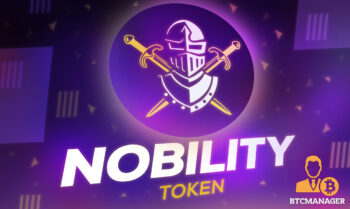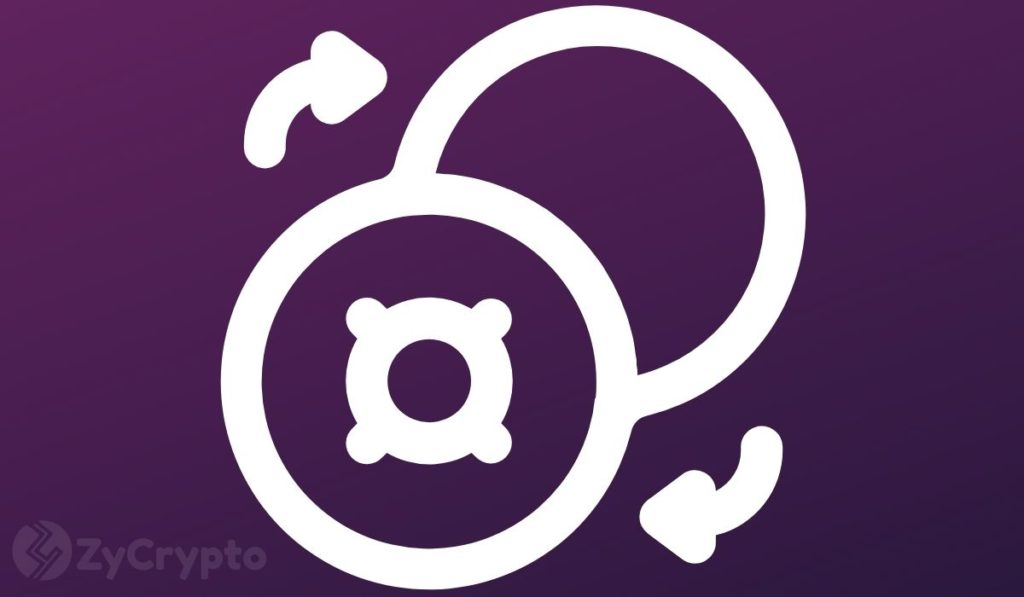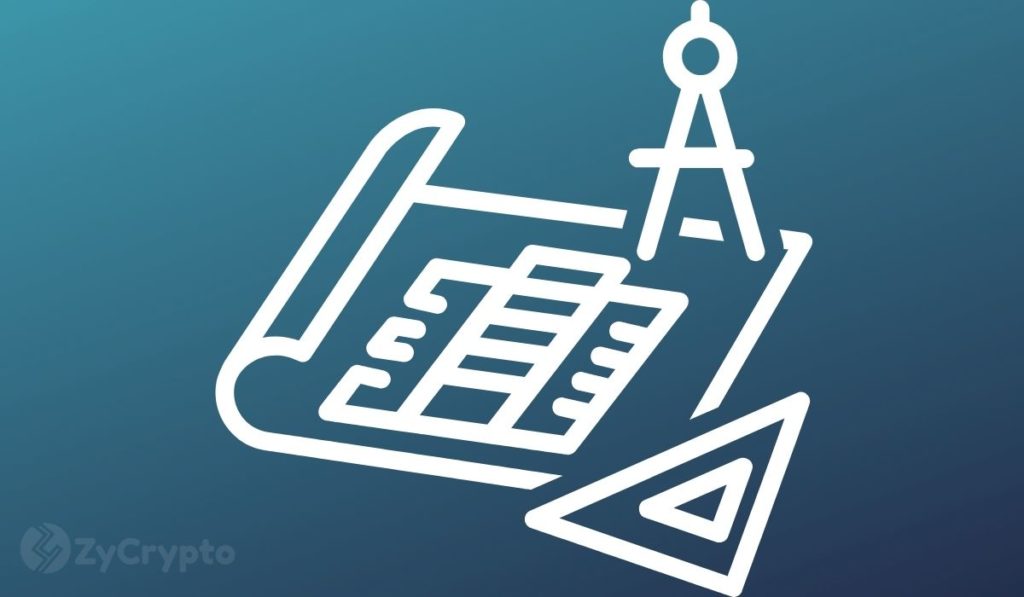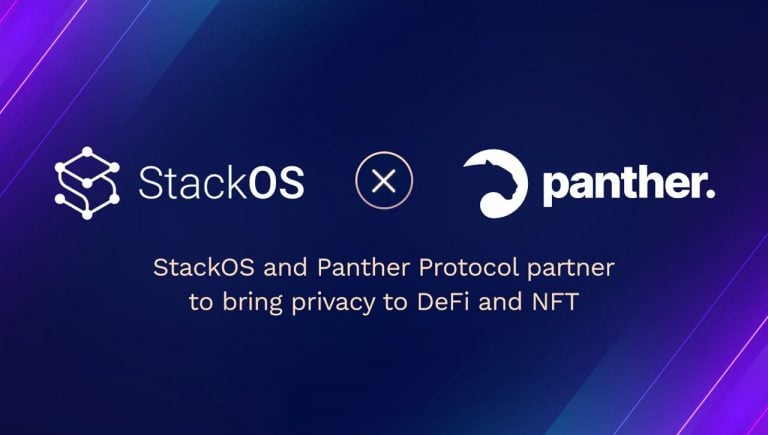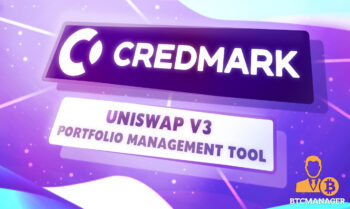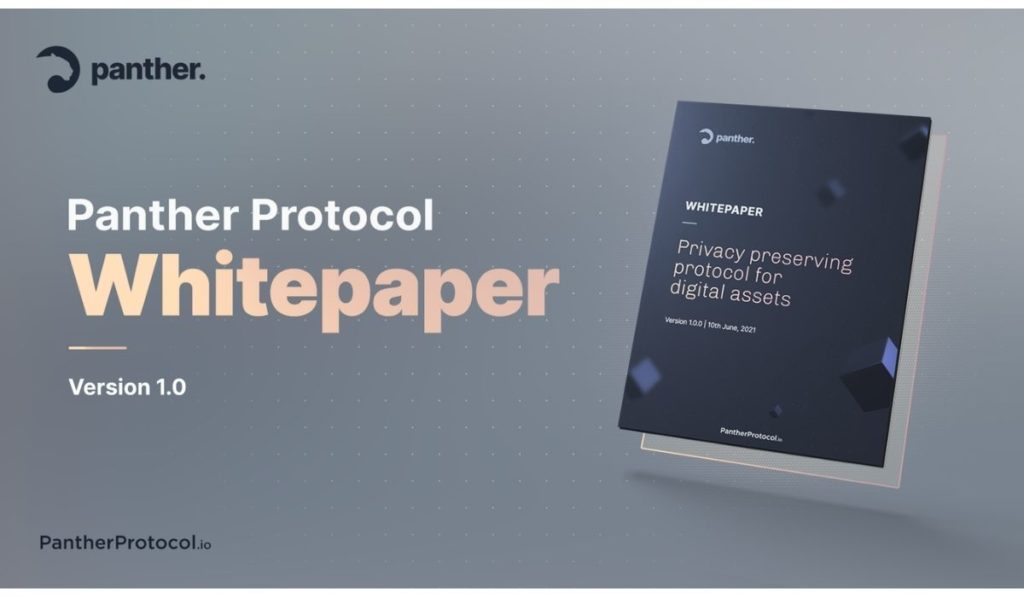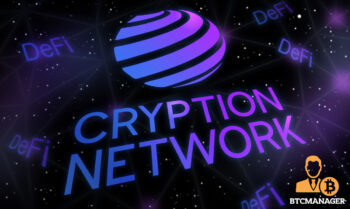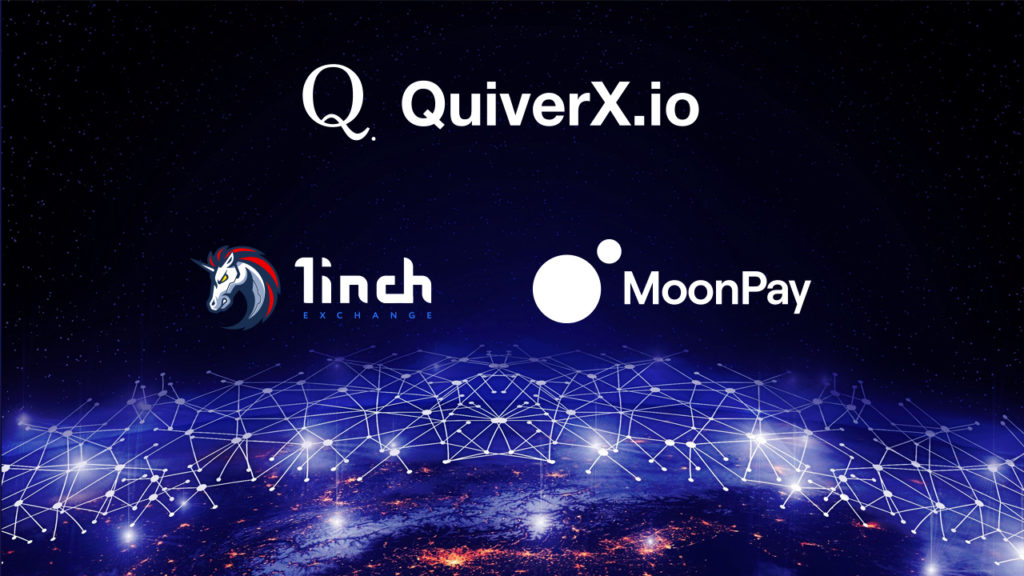
2022-5-16 15:55 |
Cryptocurrencies are sweeping the financial world, and the blockchain industry is exploding. As a result, cryptocurrency fans have a plethora of choices. However, they have all focused their efforts on one thing at the moment: decentralized finance, or DeFi.
People are looking for new ways to examine their financial options, which has led to the emergence of DeFi. As a result, decentralization enters a new realm of financial services that is both trustworthy and transparent. Compared to the centralized banks we are familiar with today, the expected decentralized blockchain technology would completely transform the financial sector.
Whether you’re a blockchain neophyte or a crypto enthusiast, you should be aware of DeFi and its implications for the future.
This article examines 4 innovative DeFi initiatives that will influence global and traditional financial perspectives.
Most Innovative DeFi Projects 1. HashstackHashstack’s Open protocol is DeFi’s first under-collateralized lending solution. It permits the acquisition of loans with a 1:3 collateral-to-loan ratio, which is the highest.
People who borrow money on Open Protocol can do so with just $100 in collateral, which means they can borrow up to $300. You can withdraw $70 (up to 70% of the collateral) and use the $230 as in-platform trading money.
Defi lending, on the other hand, is currently over-collateralized. On average, a borrower puts up 42 percent more collateral than they need for the loan they want. This results in a systemic design problem, which is remedied using the Open protocol.
Through under-collateralized loans, effective asset utilization, and compartmentalization of deposits and loans by minimum commitment durations, Open Protocol addresses identified inefficiencies in today’s decentralized financial lending environment (MCP). MCP improves systemic liquidity influx and outflow predictability. The Binance Smart Chain serves as a foundation for the Open Protocol. Its public testnet is already live with over USD 5 million in total value locked.
Hashstack’s Distinctive Features Open Protocol represents an important step toward providing self-contained, under-collateralized loans. There are no prerequisites such as a credit score or anchoring.APR and APY are more stable because of segregated deposits, loans, and optimal asset usage.Open will integrate assets from other chains, like Ethereum, as part of its significant marketplaces. 2. DeFiChaindTokens are one of the most innovative products in the DeFi space. They are based on the decentralized lending system of DeFiChain. This system lets people make (or mint) “representations” of stocks, bonds, and other assets based on oracle prices and a variety of other factors. The Vault is the most essential tool for making dTokens. It’s a wallet where you may store your cryptocurrencies and utilize them as collateral for minting and issuing tokens.
Let’s have a look at how DeFiChain might handle this. For example, the Tesla stock: TSLA is the actual ticker symbol for a Tesla stock. However, because of the way DeFiChain users created dTokens, TSLA became dTSLA. It’s worth repeating that owning a dTSLA token does not imply that the user owns TSLA.
As a result, these tokens are created by users, and the value primarily determines the intrinsic value of any decentralized asset that the community places on it (through trading on the DEX). To make it possible to trade these dTokens, we need to use blockchains, which means that we can move forward with a more equitable financial system for everyone involved.
3. Colony LabColony is the first community-driven, future-oriented fund. The Avalanche Foundation has previously supported and invested in this project; therefore, it is effectively an Avalanche endeavor.
Colony is a collection of smart contracts that serve as the foundation for an organization’s core operations. This project addresses the ownership, structure, and power of online groups in addition to funding.
So, where do you begin? Tokens are the first thing you’ll need. DeFi programs, such as Colony, need native tokens to run on networks. Anyone can use the ticker symbol used on exchanges to identify these tokens.
After you’ve bought the tokens, you’ll need to transfer them to a wallet that supports Colony. The tokens will be used to shift money around. Because moving funds incur transaction fees, you’ll want to find a network with the lowest prices. Also, be cautious when selecting a network by ensuring that you select the correct one. It is prudent to research to avoid being a victim of a con.
4. AAVEAave is a decentralized finance network where users can lend and borrow bitcoins. A crypto pool’s smart contracts enable peer-to-peer lending on the platform. People want to either lend crypto to earn interest or borrow money to pay interest.
The Ethereum blockchain underpins Aave. Smart contracts wield total control because users depend on an algorithm system and a computer network running Aave to control all their assets. Traditional banks and financial organizations are no longer required to entrust or send your money.
ConclusionA significant benefit of DeFi is that it makes the interference of intermediaries and brokers unnecessary. It is also seen as a more effective financial instrument in countries with weak financial institutions because anyone may set up DeFi and use dApps for seamless money management.
Despite its numerous advantages, it has struggled to gain general popularity. Perhaps this is because most people do not have regular access to such sites. Furthermore, the old financial system, which comprises corporations and monetary regulators, remains wary of new technology. Nonetheless, to be a part of the future, every project must adapt to a multichain environment. Otherwise, it will be rendered obsolete.
origin »Bitcoin price in Telegram @btc_price_every_hour
Defi (DEFI) на Currencies.ru
|
|




